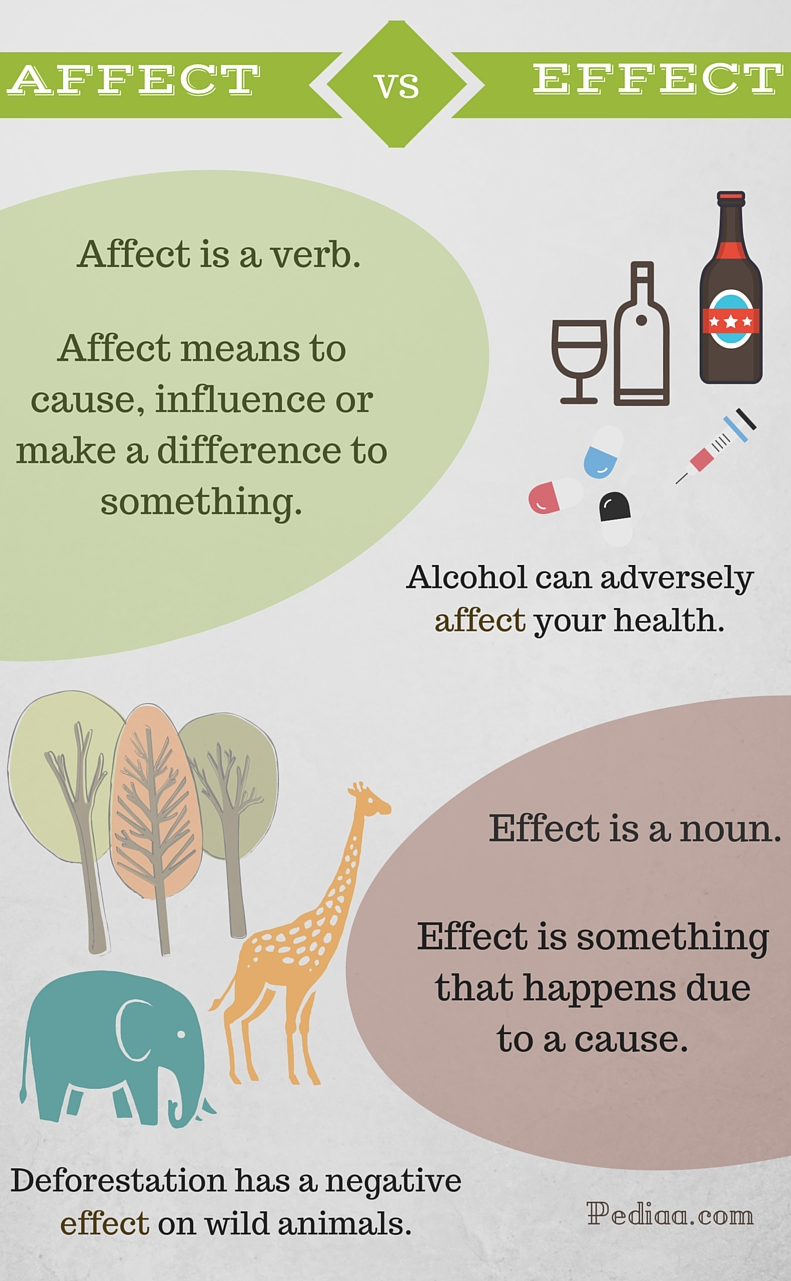

Otherwise, feelings of isolation and depression can arise.

Culture and values: “It’s important for people to connect with others that share their culture and values and to be understood at a deeper level,” Snow says. People: Indirect or inconsistent communication, conflicts, and unreliable people in the environment can be very stressful to manage. Conversely, sharing a space with someone you trust, such as a partner or spouse, roommate, friend, or loved one, can create a sense of calm according to Snow. Sensory: "The lighting, temperature, sounds, smells, and color palette of an environment are very important to how comfortable, relaxed, and safe you feel,” Snow says. For example, harsh lighting and loud noises can lead to anxiety or agitation, while dark and cold spaces can lead to feeling unmotivated-especially in the winter. Having colors and objects in your environment that are meaningful can also boost mood says Snow. Aesthetics: Cluttered spaces can create feelings of overwhelm and anxiety, while tidy spaces can invoke a sense of calm.








